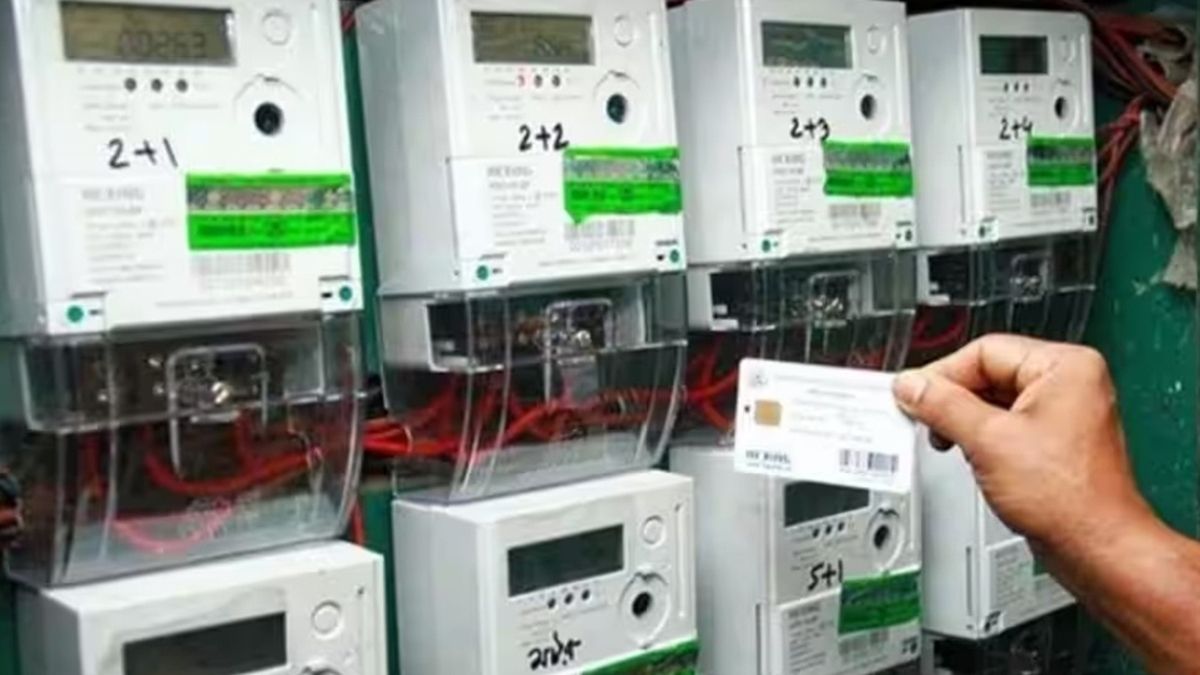
Kerala’s decision to opt-out of the Centre’s ambitious Rs 3 lakh crore smart meter project, intended to revolutionize electricity distribution by replacing 250 million conventional meters with smart meters by March 2025, highlights significant challenges and underscores the complexities of modernizing India’s power sector. Triggered by trade union opposition over fears of privatizing the power sector, Kerala’s move raises questions about the efficacy and assumptions underlying the nationwide rollout of smart meters.
Challenges and Assumptions
The effectiveness of smart metering hinges on several assumptions: uninterrupted telemetry synchronization with the grid, prevention of tampering or bypassing at the consumer level, and the ability of power distribution companies (discoms) to perform rigorous energy audits and enforce disconnections. India’s track record of addressing these challenges remains unproven, casting doubt on the feasibility of the smart meter initiative. Furthermore, the economic viability of recovering the costs associated with smart meter implementation poses another hurdle, especially given the precarious financial standing of many state-owned discoms.
Cost Recovery and Strategic Alternatives
The smart meter scheme involves three cost components: the fixed cost of meter installations, meter reading software, and recurring billing costs. Discoms are expected to procure meters through a hybrid totex model, complicating the cost recovery process. Analysts suggest a more targeted approach of limiting smart metering to higher-value consumers to facilitate cost recovery. The Union Ministry of Power is currently reviewing Kerala’s proposal for an alternative model, which could set a precedent for other states reconsidering their participation in the nationwide scheme.
Key Players and Future Prospects
Several companies, including Adani Transmission, EDF, Reliance Industries, and Genus Power Infrastructures, have been actively involved in deploying smart meters across various states. With Kerala’s departure from the Centre’s plan, the dynamics of the smart meter rollout may shift, prompting a reevaluation of strategies and potentially influencing other states’ decisions. The outcome of Kerala’s proposal and its impact on the future of India’s electricity distribution sector remain to be seen, highlighting the complex interplay between technological innovation, economic viability, and political considerations.




















